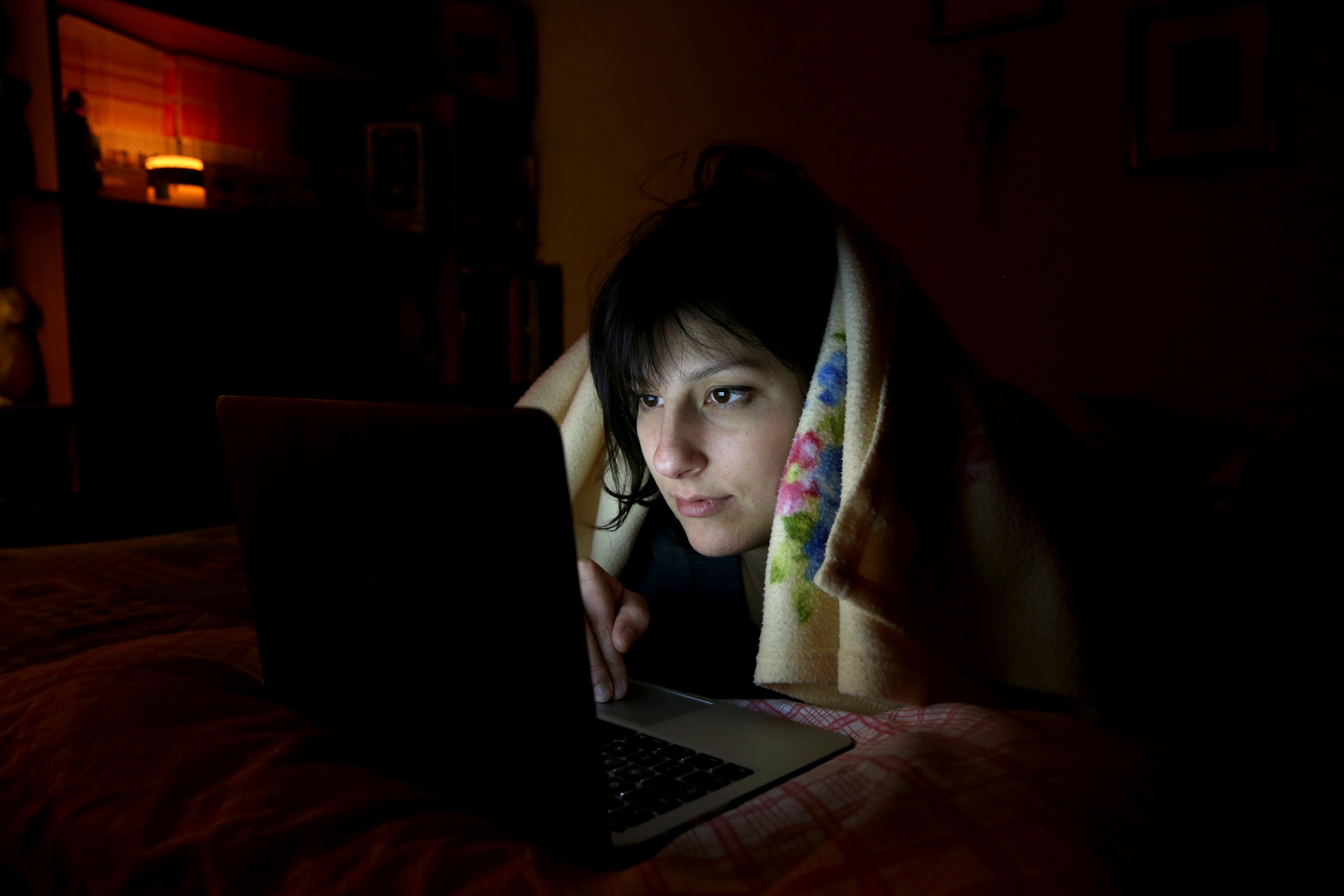Getting the right balance of social media in our lives is a responsibility we all must face says Vamp’s Aaron Brooks
If I asked you how much sleep you should get every night, you’d be able to answer.
Or how many pieces of fruit and vegetables you should eat and how many steps you should take in a day. We know these things because, in this world of infinite choice, we have experts to tell us what’s best for us. To keep us on the straight and narrow.
Yet when it comes to social media, guidance isn’t so clear. We know time spent on devices is increasing globally.
According the the latest Mary Meeker Internet Trends Report, the average US adult now spends 6.3 hours of their day connected to devices. That’s double what it was a decade ago.

Vamp’s Aaron Brooks
In line with this growth, there have been reports of heightened anxiety and depression, shortened attention spans and depleted social skills.
Not to mention anecdotal evidence of users falling into comparison spirals after watching other’s seemingly perfect lives. “Have smartphones destroyed a generation?’ Asked The Atlantic in 2017.
Digital exhaustion
In 2018, in response to the growing scrutiny, Facebook introduced their ‘time well spent’ features – ways for their users to remain on apps, but feel better about it.
Daily alerts would remind users they had hit their self-enforced time limits on the app – if they chose to set them. There were also options to turn off notifications and monitor time spent on an activity dashboard.
It was their responsibility to their users, Facebook said.
More recently, they have been trialing hidden likes on Instagram (and reportedly on Facebook too) in an attempt to improve users experience on their app.
Then there’s Threads, their new app in development which encourages sharing in smaller, closer groups of friends. An effort to refocus on connection.
While steps in the right direction, there are obvious limitations.
In terms of usage alerts, boundaries of use have to be set by the user and when that limit is reached, users aren’t logged out, they’re notified. Self control is essential.
But if social media is addictive as experts claim, are we really equipped to know when we’ve had enough, and make the right choices when we have?
And how much is too much? Humans thrive in boundaries and a growing number are looking for a definitive answer.
The big tech companies seem an obvious candidate to answer this.
Thanks to the huge amounts of data at their disposal, they seem to know everything about us already.
They know what content we like and when to serve us ads. They’re the experts in understanding – and even manipulating our behaviour – so surely they know when we’re digitally exhausted too?
Pinterest has started to use its data to guide its users to make better choices through its compassionate search feature. When it detects a someone may be anxious, it deploys wellbeing advice to take a deep breath or suggests helplines.
Could Facebook follow suit and prescribe some digital downtime when it senses we’ve had too much? Or should it fall to independent experts that tell us how much social media usage is healthy? Some have attempted it.
While we might want a hard and fast rule to follow, the reality is, social media isn’t a consistent controlled substance. Time spent on social platforms is different for everyone.
We’re there for different reasons, doing different things and having different experiences. Defining its impact on our lives, solely by our time spent on it, is a too simplistic view. What you’re consuming – and when – are equally important factors.
For many of us, the genie is too far from the bottle. We’re unlikely to downgrade our iPhones for a low-fi version, or delete our social media accounts.
A more realistic goal is to learn to use it in a measured and responsible way.
How to swap compulsive use for considered use
1. Set a bedtime for your phone
Using social media right before bed is more likely to lead to sleep disturbances. As well as delaying the time you go to sleep (we all know that ‘quick scroll’ that ends up lasting an hour), it activates our brains, interrupting our relaxed state that helps us switch off.
Even the blue light emitted from our screens has proven to delay the onset of sleep. Aim to have a phone-free hour before bed, invest in an alarm clock and leave your phone outside the bedroom so you’re not tempted to scroll.
2. Turn off notifications
In the same way I wouldn’t recommend a trip down the biscuit aisle to someone limiting their sugar intake, I wouldn’t recommend having notifications switched on if you’re trying to reduce your social usage.
Your phone lighting up either to activate your FOMO or positive feedback loop has to be one of the biggest temptations there is. Deactivate your notifications, even if it’s just for the part of the day you want to be focused.
3. Purge your following list
Comparing our lives, looks and abilities to others is natural and something we have always done. We evolved in tribes, comparing ourselves to a contained group where we would always be the best at something.
Now, thanks to the internet, we can compare ourselves to millions of people living their best, edited lives on social media. Our brains haven’t had a chance to catch up and the comparison can make us feel inferior.
Take a serious look at your following or friend lists and ask yourself honestly whether their content is bringing value to your life and happiness. If it’s not, it only takes one tap to get rid.
4. Introduce positive influences
With a newly cleansed social feed, it’s time to fill it with content that makes you feel good. Curate a feed with posts that will inspire your passions and interests. Your experience on social media is what you make it.
5. Challenge yourself to disconnect
How many times have you absent-mindedly picked up your phone looking for nothing besides a distraction? According to research, it can take us more than 23 minutes to refocus on the task at hand once we have been distracted – and that doesn’t count the time you spent on your phone. ‘Out of sight, out of mind’ may sound overly simplistic, but by physically removing the temptation to check your phone, you might find yourself less distracted by compulsive scrolling.
Former Google Design Ethicist at Google – and the man behind the ‘time well spent’ movement Tristan Harris described it best when he said: “Great technology should improve life, not distract from it.”
There are so many amazing things social media can bring to our lives, but it’s important we understand it has been designed to keep us coming back for me.
It’s our responsibility to learn to use it as a complementary aspect and not let it hijack our lives.
- Aaron Brooks is the co-founder of Vamp, a content and influencer marketing platform.




















Trending
Daily startup news and insights, delivered to your inbox.